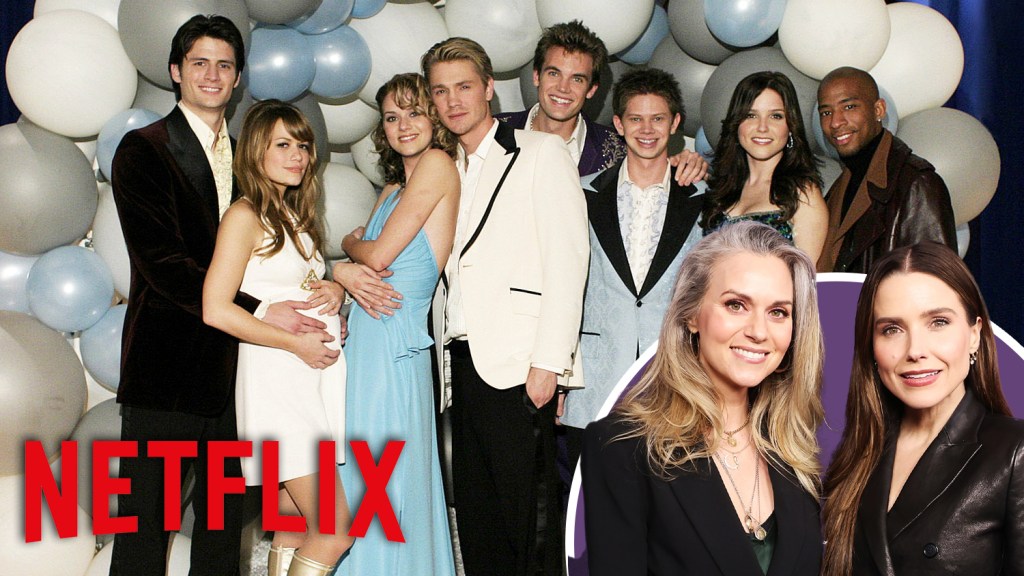Amber Rose's RNC Speech Sparks Controversy and Debate

Amber Rose's speech at the Republican National Convention (RNC) in Milwaukee sparked controversy and debate, drawing criticism from MSNBC host Joy Reid and generating mixed reactions on social media.
Reid, referencing Rose's previous statements about her racial identity, questioned her presence at the RNC. "I donât want to say sheâs Black because she has said sheâs not, so I donât want to say this Black woman," Reid said, adding that Rose's career is "based in Black culture." Rose responded on X, formerly known as Twitter, denying she ever claimed not to be Black and asserting she identifies as biracial. "I'm not going to invalid my white father to make you feel more comfortable," she wrote, accusing Reid of "race baiting."
Rose's speech, which focused on her newfound support for Donald Trump and his message of unity, was praised by conservative commentator Candace Owens. Owens, defending Rose's right to explore her political views, called Rose's speech "a highlight of the evening" and acknowledged the difficulties she faces navigating political affiliations in a divided climate.
While some Republicans applauded Rose's speech, others criticized her past activism, particularly her involvement in the #MuteRKelly movement and her vocal support for abortion rights and LGBTQ+ rights.
On social media, reactions to Rose's speech ranged from support to criticism, with many users using the opportunity to express their own political views.
Rose, a model, rapper, and former reality TV personality, rose to fame in the early 2000s. She has been open about her experiences with colorism and has spoken about the challenges of navigating racial identity. In recent years, Rose has voiced her support for Donald Trump, a shift that has surprised some of her former fans and colleagues.
Her appearance at the RNC, a significant event in American politics, further complicates her public image and continues to ignite discussions about race, identity, and political affiliation in the United States.





